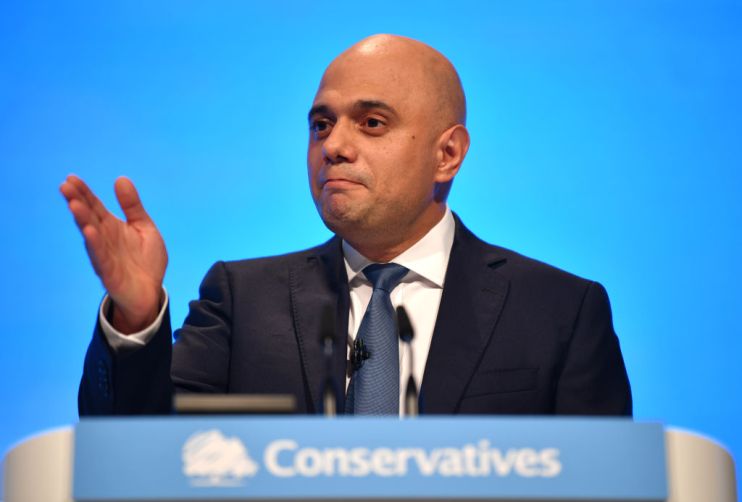Government borrowing jumps by a fifth in run up to Brexit

UK public borrowing shot up by a fifth in the first six months of the financial year, figures have shown, as promises of extra spending spelled the end of Conservative debt reduction.
Read more: Sajid Javid promises to increase national living wage to £10.50
The UK public sector had to borrow £9.4bn in September to cover its spending. That was £600m more than in the same month in 2018 and the first September year-on-year borrowing increase for five years, the Office for National Statistics said.
Borrowing during the first half of the financial year – April to September – was £40.3bn, 21.6 per cent higher than during the same period last year.
The increase in borrowing follows pledges by successive Tory chancellors to better fund public services. Ex-chancellor Philip Hammond boosted spending on the NHS, and his successor Sajid Javid has spent billions on Brexit.
The government is on track to break its own spending rules that say the deficit must be below two per cent of GDP in the financial year, even before Brexit. Borrowing totalled 1.9 per cent of GDP in 2018/19, according to the latest figures, but is set to rise.
A change to the way Britain deals with student loans – treating them as debt now rather than later – will also push up borrowing as a percentage of GDP.
Prime Minister Boris Johnson goes into battle with parliament this week in a bid to pass his new Brexit deal. It would keep the UK and EU’s existing trading arrangements for a year. After that, the relationship would be looser than envisaged in Theresa May’s agreement.
The UK in a Changing Europe think tank has estimated that weaker ties with the bloc will reduce growth, lowering tax revenues by up to £49bn. The Institute for Fiscal Studies has said a no-deal Brexit could push the yearly deficit to around four per cent of GDP.
“We already know that the chancellor wants to review the fiscal rules in the Budget on 6 November as there is very little chance of hitting the current ones,” said Thomas Pugh, UK economist at Capital Economics.
“We don’t know what the new fiscal rules will be, but they are likely to allow for a substantial loosening of fiscal policy at the Budget, which would support economic growth.
“Of course, whether this happens depends on whether there is a Brexit deal.”
Javid may feel his case for higher spending is lent support by the fact that last year, Britain’s public borrowing was the lowest since 2001/02.
Read more: Hey, big spender: Institute for Fiscal Studies boss Paul Johnson on the end of economic orthodoxy
Yet Britain’s public sector net debt amounted to 80.3 per cent of GDP in September, far above the debt-to-GDP ratio of 40 per cent before the financial crisis.
(Image credit: Getty)